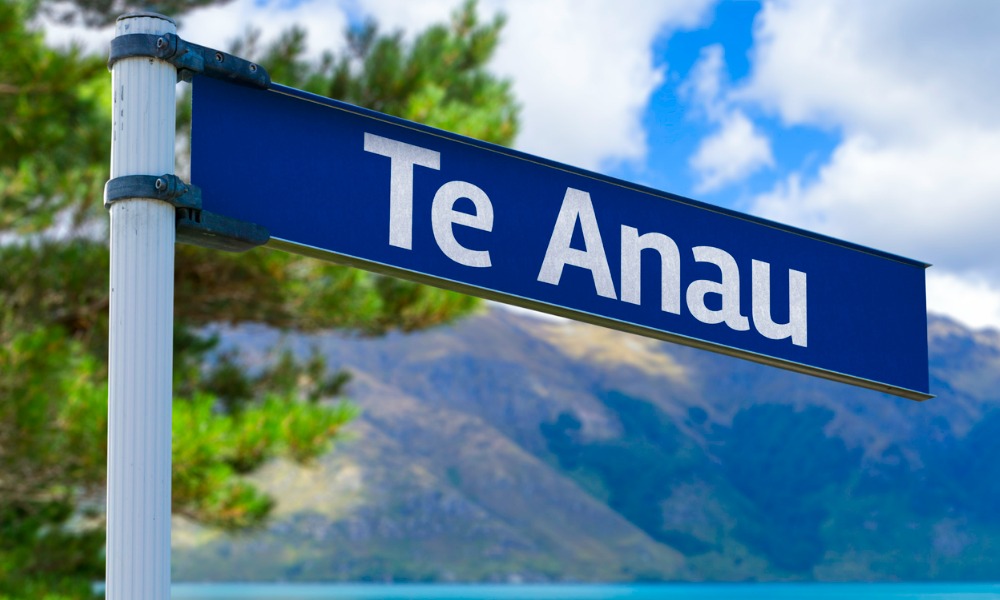The Fiordland region is faced with a double-edged sword, Southland District official says

Te Anau’s struggling industries and sectors are desperately crying out for staff, but accommodation shortages are making these employment issues worse, according to Sarah Greaney, Te Anau-based Southland District councillor.
Many hospitality businesses in the tourist region didn’t have enough staff to open seven days a week, but students breaking for holidays were offering them partial, albeit temporary, relief.
“You can see it [staff shortages] across a number of sectors,” Greaney told Otago Daily Times. “We have a lot of college and uni students dropping into the system and that inevitably alleviates the situation, but only on a temporary basis.”
During the summer months, working holiday tourists normally merged into the region’s workforce. They had yet to enter the town this time, however.
“We are just not seeing that population of people ready to work yet,” Greaney said. “They might have their working holiday visas, but they have two years’ savings in their pockets because they weren’t able to travel. There’s a pent-up desire to travel before they need work, so that appears to be what’s happening. We are looking for the 150 staff that were here before the lockdown from the 27 different countries from around the world — they don’t exist yet.”
Compounding the staff crisis faced by the Fiordland region was the “double-edged sword” that was accommodation shortages.
“It’s not just an employment issue, it’s a housing issue as well,” Greaney said. “You might get a job offer, but if you can’t get somewhere to live then they are not going to arrive.”
If not listed on Airbnb, housing options in the region had either been withdrawn from the rental market, purchased, or rented by residents who had moved to the area.
Tourists were starting to reappear, but the Southland District official was worried the lack of staff would impact the visitor experience and, in the long term, the region’s brand.
“The challenge is to have enough people to service that tourism market and to make sure they have a good experience when they are here, otherwise you are just damaging the New Zealand brand if you can’t provide an adequate level of service,” Greaney told ODT.
Use the comment section below to tell us how you felt about the region’s issues.



